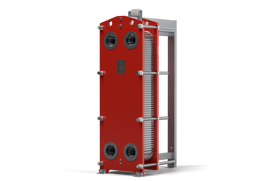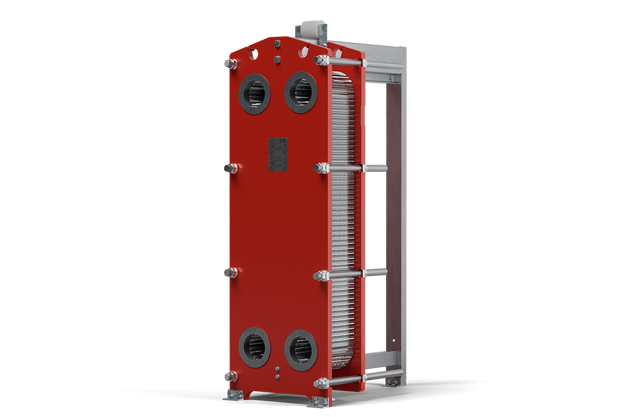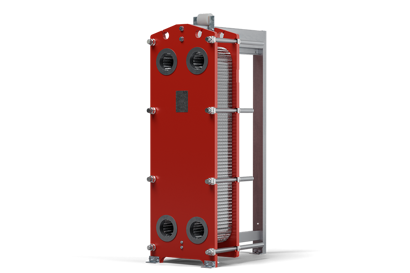With the support of Danfoss heat exchangers and frequency converters, Bawat has devised a unique technology. It is simple and cost-efficient and will help shipowners treat their ballast water. No need for any chemicals, UV, filtering or post-treatment.
Untreated ballast water has been identified as the second biggest threat to global biodiversity after climate change. Following years of inaction, the shipping industry is addressing the issue and fighting the spread of invasive species.
With the support of Danfoss heat exchangers and frequency converters, Bawat has devised a unique technology. It is simple and cost-efficient and will help shipowners treat their ballast water.
A major threat to marine biodiversity
Ballast water typically contains a variety of biological materials, including plants, animals, viruses, and bacteria. The introduction of non-native species is one of the major threats to marine biodiversity as identified in the Convention on Biological Biodiversity. The non-native species from ships’ ballast water, in addition to other sources, is causing increasing concern and is a potentially serious problem in all coastal marine ecosystems.
“The discharge of untreated ballast water causes enormous damage to our marine ecosystems,” states Kim Diederichsen, the CEO of Copenhagen headquartered Bawat.
“Every year, ships transport about 10 billion tons of ballast water around the world. This is fundamental in stabilizing ships and compensating for different cargo loads.
60,000 vessels to treat their ballast water
The ratification of the International Maritime Organization’s Ballast Water Management Convention in conjunction with strict regulations from the United States Coast Guard, means that more than 60,000 vessels in the world fleet are now required to install Ballast Water Management solutions. Such technology is designed to eliminate or neutralize organisms within ballast water and put a halt to further invasions.
Compliance with the Convention’s discharge criteria is a necessity for global trade. Non-compliance will impact shipping businesses, for example, potential penalties of USD 30,000 for ships discharging untreated ballast in US waters.
A new era for In-voyage Ballast Water Treatment
The Bawat system treats the ballast water during voyage, ensuring that crews can focus on their essential tasks in ports. Bawat utilizes pasteurization: “The Bawat system could not be simpler,” says Henrik Jorgensen, Sales Engineer at Danfoss, “Essentially it works by heating the ballast water to eliminate any potentially harmful organisms. The process is effective at temperatures as low as 64 degrees centigrade. There is no need for any chemicals, UV, filtering or post treatment holding time. The system is compact enough to fit inside a 20’ container and is effective in a one-pass solution.”
Optimal performance with heat exchangers
The heat for the pasteurization process is obtained from surplus heat produced by the ship’s engine. Here, Danfoss plays a pivotal role, providing its SONDEX® plate heat exchangers and frequency converters to enable the procedure.
Related products
-
if (isSmallPicture) {


 Standard plate heat exchangers
Standard plate heat exchangersSONDEX® standard plate heat exchangers are the ideal choice for a wide range of applications across numerous market segments. We have the largest plate portfolio in the world, and customize each heat exchanger to meet your exact requirements. Innovative technologies and smart design make our traditional plate heat exchangers a stellar investment.



